Karni Sena takes a U -turn , withdraws protest against Padmaavat
Sat 03 Feb 2018, 07:56:00
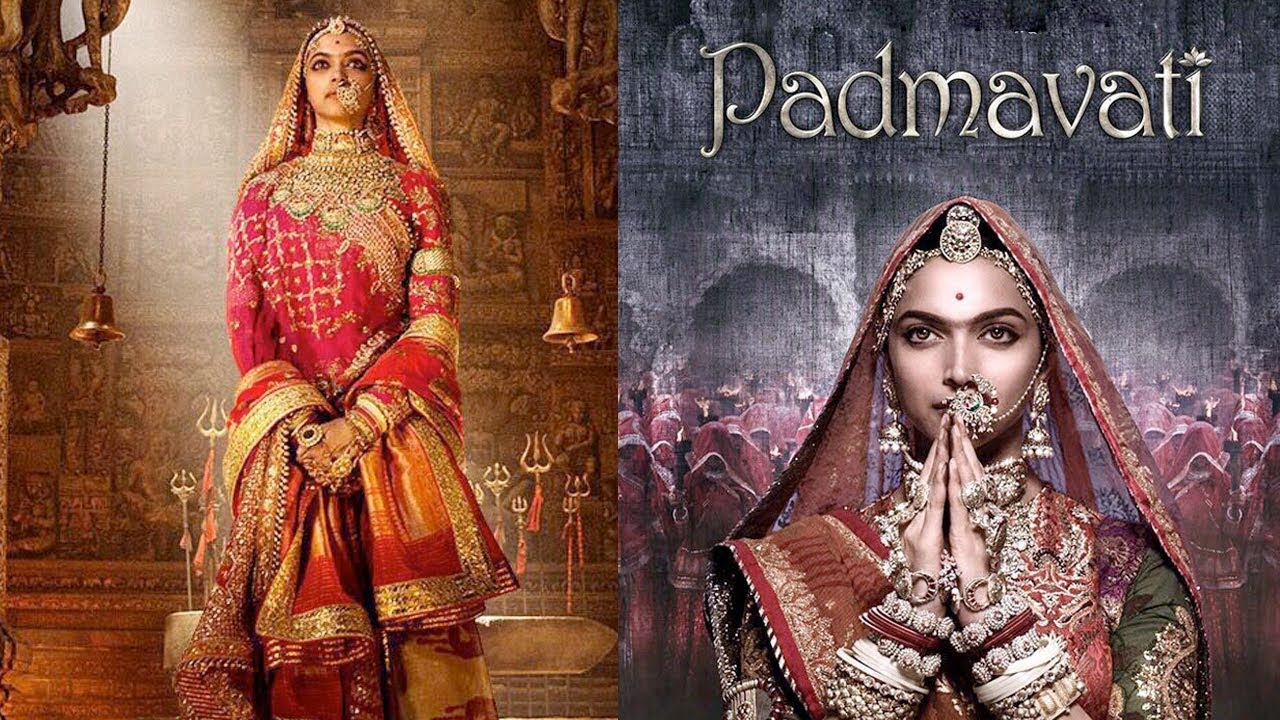
Mumbai: After staging violent protests and threatening to kill and harm some of Bollywood's biggest names, the Shri Rajput Karni Sena has finally decided to withdraw its protest against the controversial film, Padmaavat, on Friday.
Now, what led to the change of heart? The 'ruthless' Hindu right-wing group, which exclusively works for Rajputs and headquartered in Rajasthan, announced that the film glorifies the valour of the community and thus ended the protest against it.
In fact, protests against the film, which started during the making of Padmaavat last year, were triggered by the fact that the Bollywood period drama allegedly hurt the sentiments of the Rajput community and Hindus in general by depicting Rajputs (especially women) in bad light.
All the protests against the film which hit several states, mostly ruled by the Bharatiya Janata Party (BJP), started by the Shri Rajput Karni Sena and other Hindu right-wing groups without even watching the film, which was earlier named as Padmavati.
In spite of ban imposed on the film by several states,
Padmaavat finally managed to get released on January 25 after the Supreme Court intervened. However, the Shri Rajput Karni Sena continued with its protest asking for a pan-India ban on the film, because of which Padmaavat has not been released in a few states till now.
Padmaavat finally managed to get released on January 25 after the Supreme Court intervened. However, the Shri Rajput Karni Sena continued with its protest asking for a pan-India ban on the film, because of which Padmaavat has not been released in a few states till now.
Informing about the withdrawal of protest against Padmaavat, Yogendra Singh Katar, Mumbai leader of the Shri Rajput Karni Sena, told that on the directions of organisation's national president Sukhdev Singh Gogamadi, a few members watched the movie in Mumbai on Friday.
He added that they found that the movie glorifies the valour and sacrifice of Rajput and every Rajput will be feeling proud after watching the film.
'There is no such objectionable scene between Delhi Sultanate ruler Alauddin Khilji and Queen Padmini of Mewar which hurts the sentiments of Rajputs, he said in a letter, declaring that the Shri Rajput Karni Sena takes back their protest and will help the administration to release the film in Rajasthan, Madhya Pradesh and Gujarat as well as across all cinema houses in India,' stated a report.
No Comments For This Post, Be first to write a Comment.
Most viewed from Film & TV
Most viewed from Entertainment
AIMIM News
Latest Urdu News
Most Viewed
May 26, 2020
Can Lionel Messi's visit boost Indian football?
Latest Videos View All
Like Us
Home
About Us
Advertise With Us
All Polls
Epaper Archives
Privacy Policy
Contact Us
Download Etemaad App
© 2026 Etemaad Daily News, All Rights Reserved.

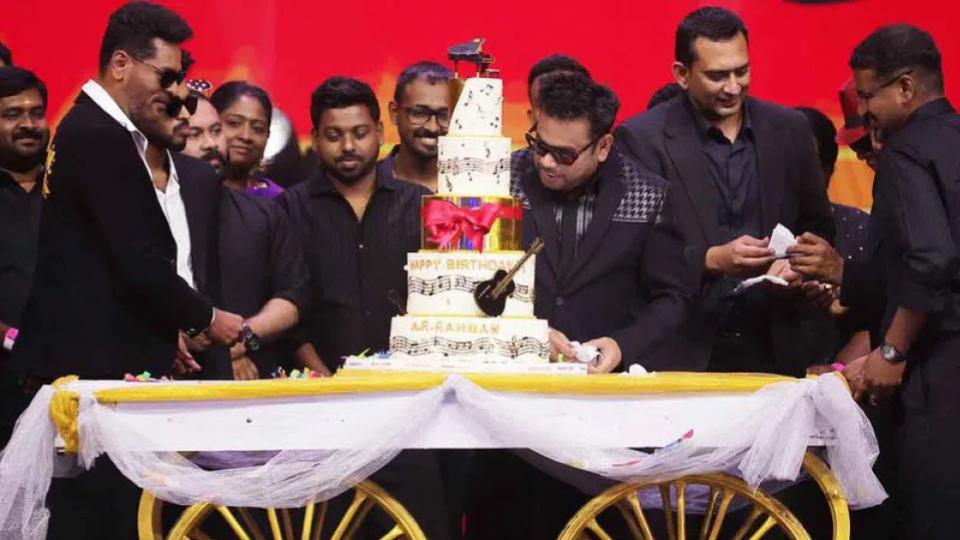
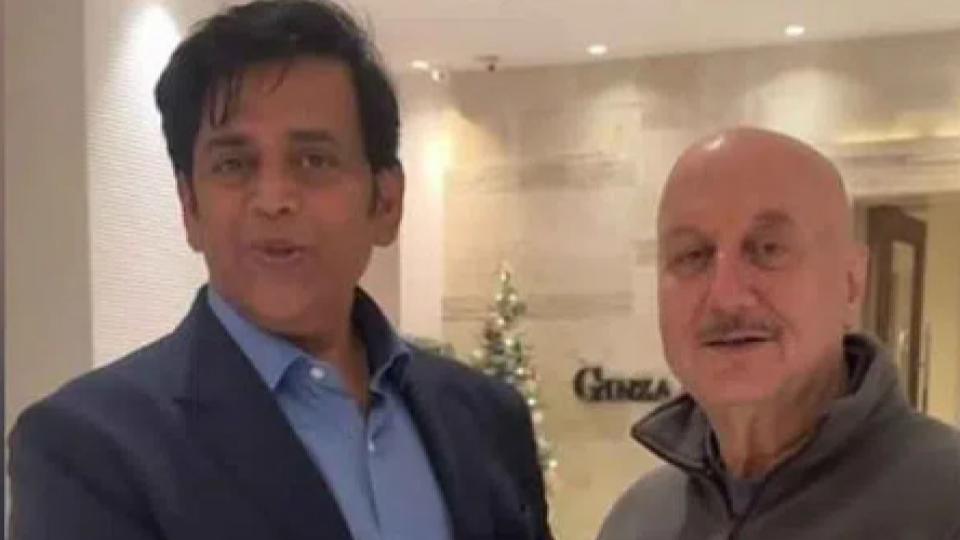
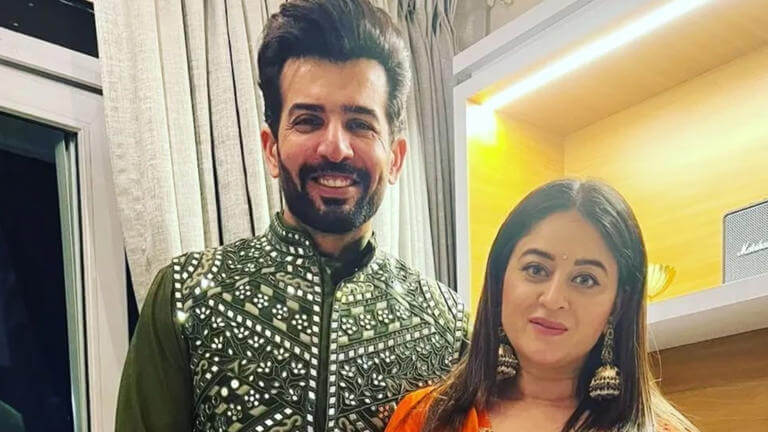


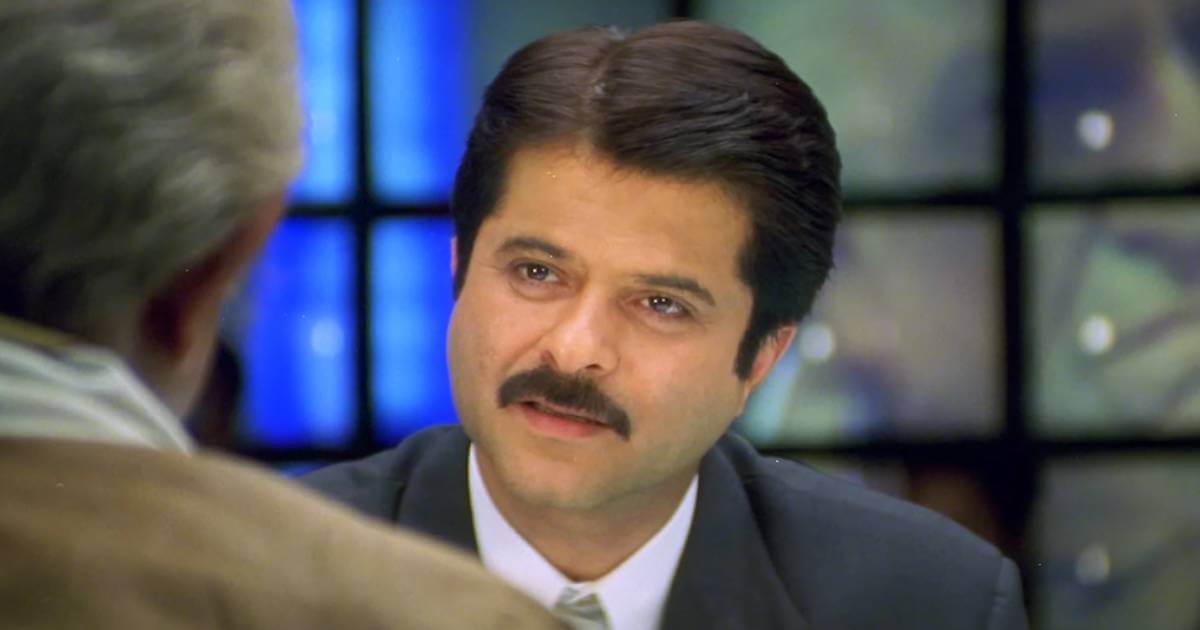



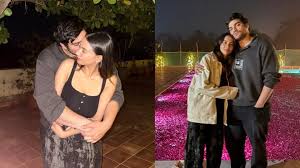
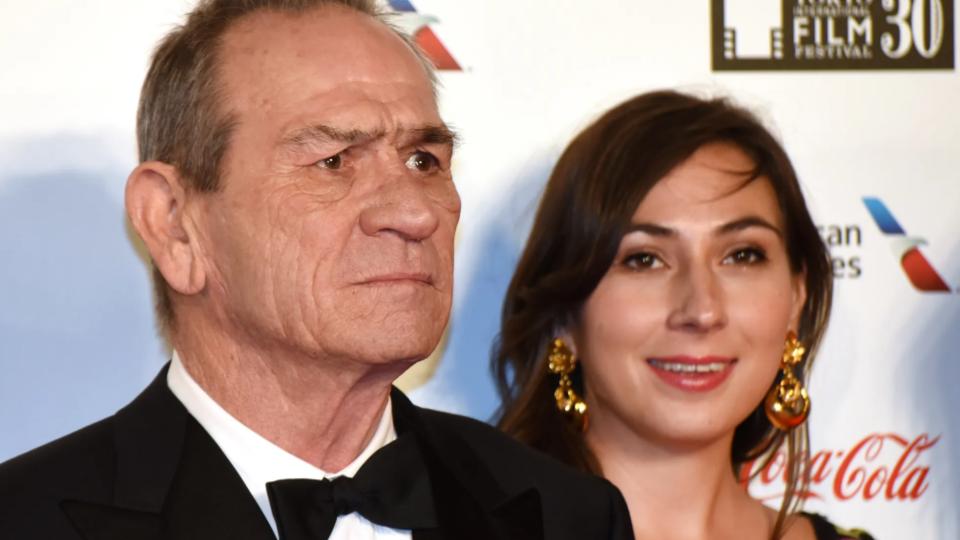


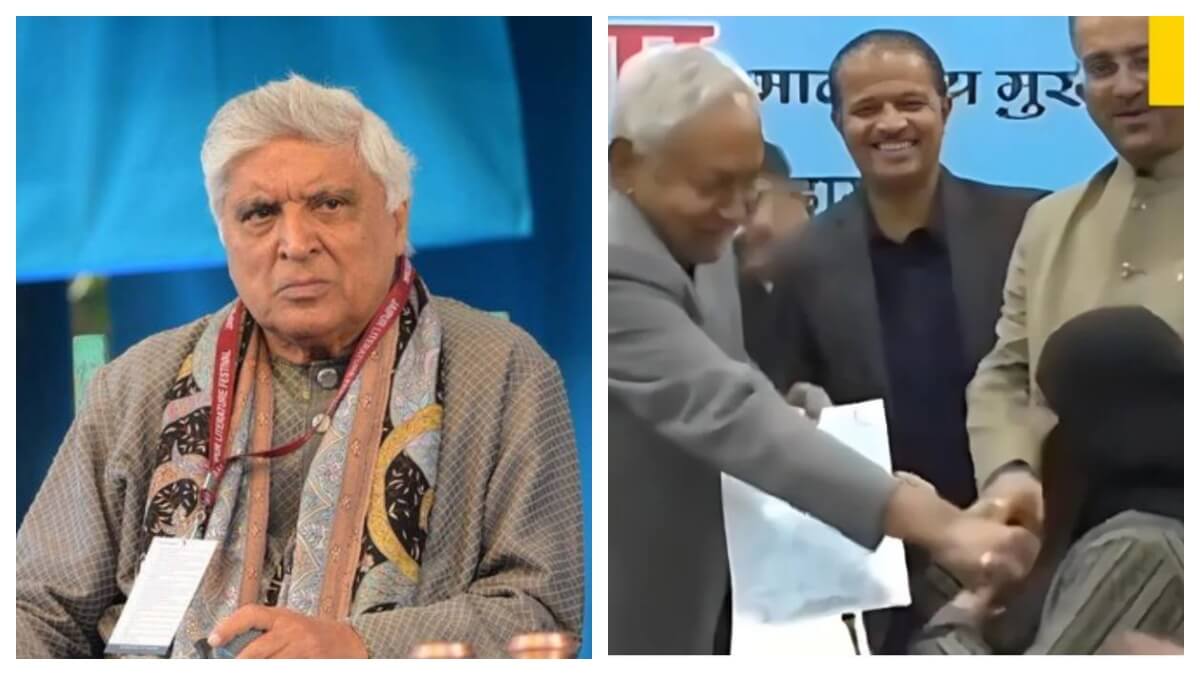

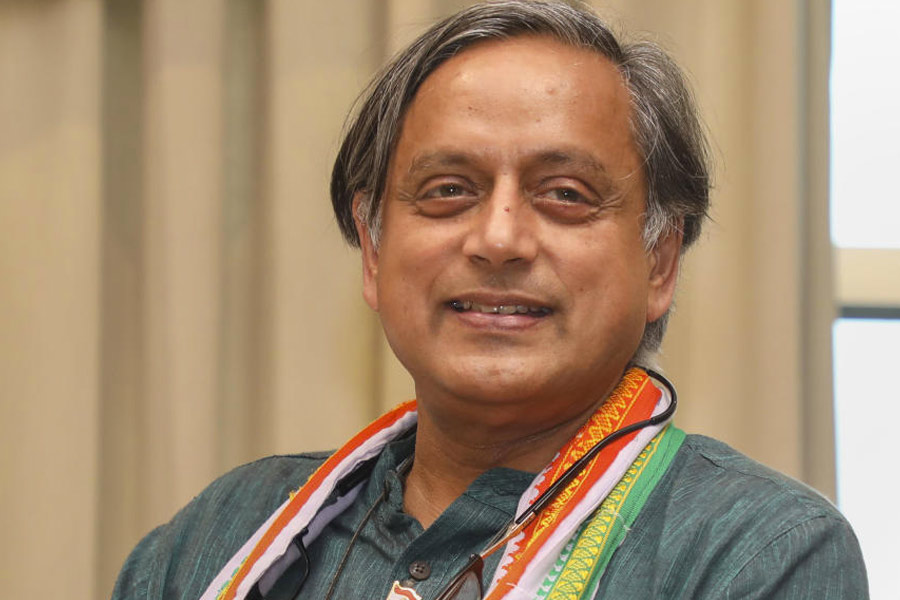


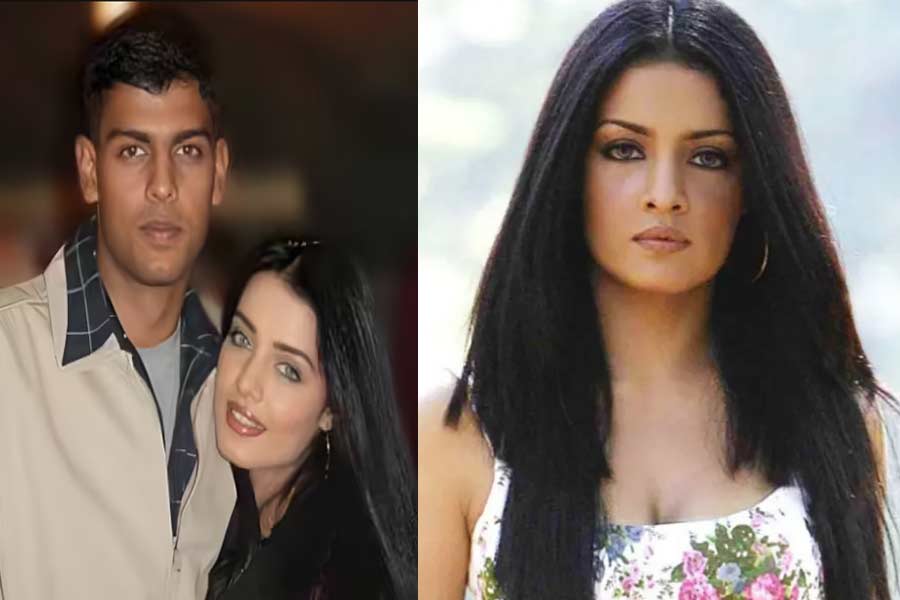

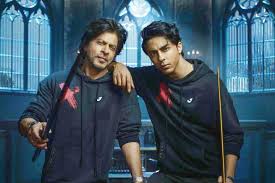
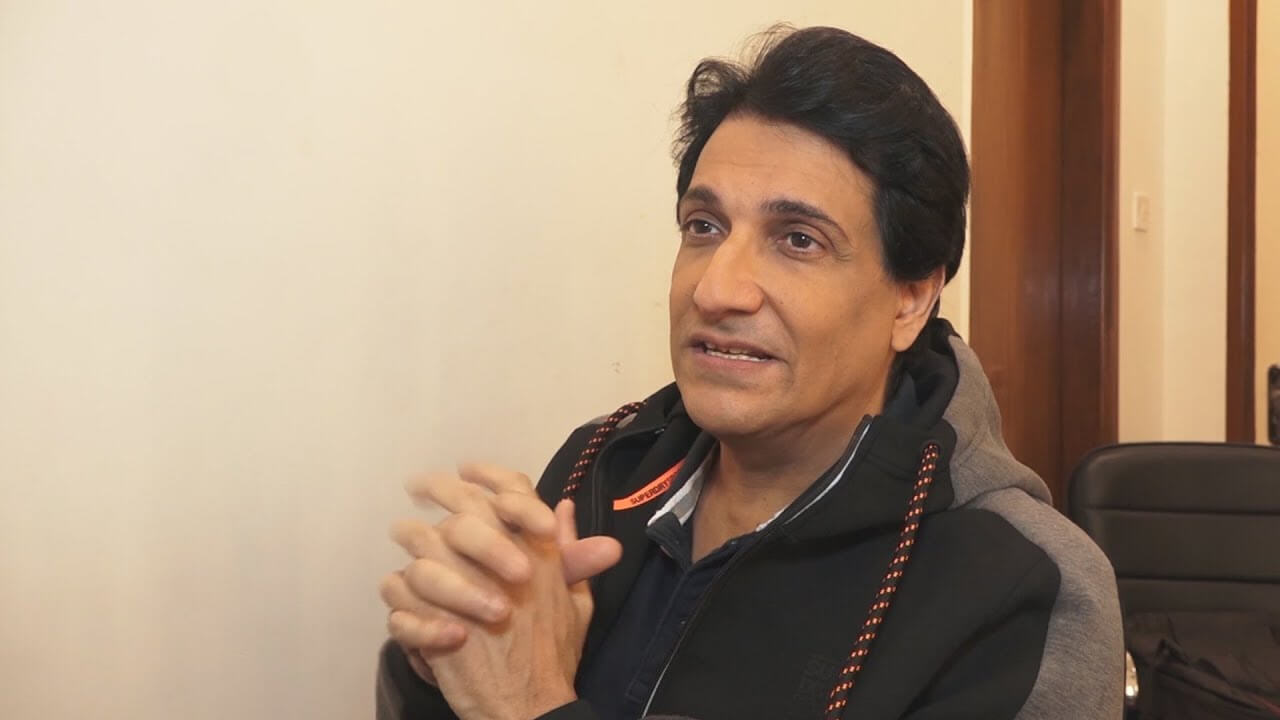














.jpg)
.jpg)
.jpg)


